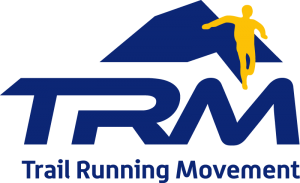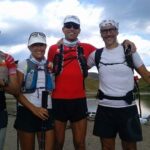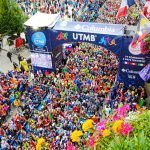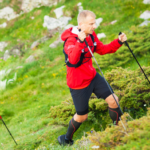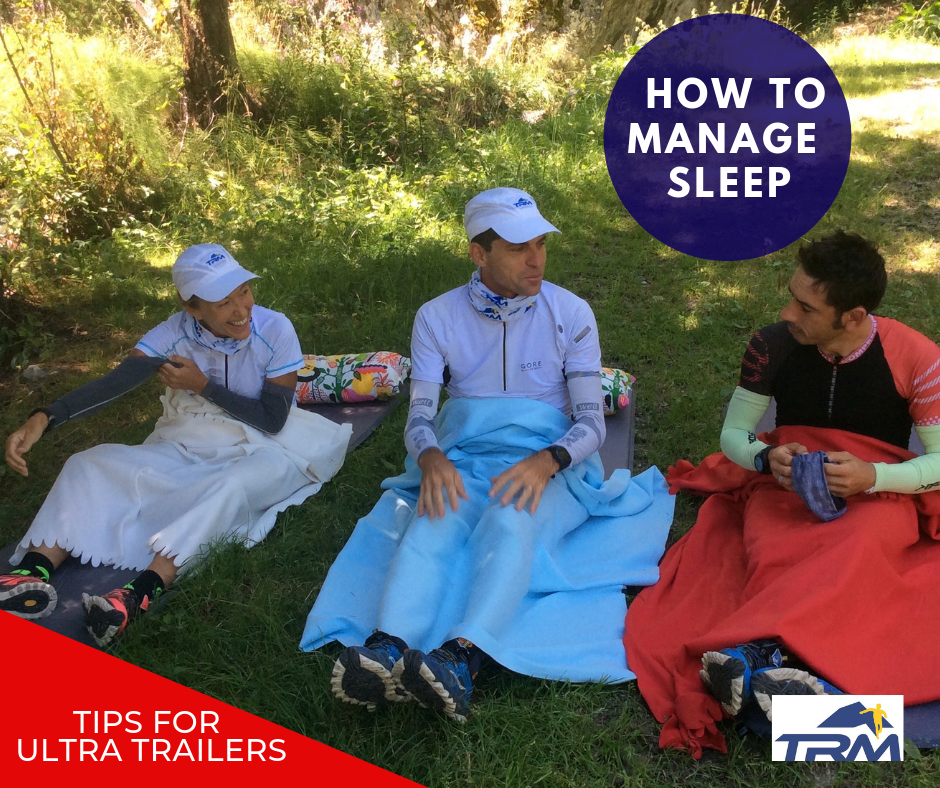
MINI-GUIDE FOR SLEEP MANAGEMENT IN ULTRA TRAIL RACES
The ability to manage sleep in ultra trails, lasting one or more nights, is essential to avoid compromising the race result or, worse, seriously injuring yourself.
In fact, sleep deprivation causes a loss of concentration that can lead to losing the race track or an injury. In many cases, especially if you have arrived at the race tired from a long trip or heavy work in the past weeks, you risk to fall asleep on the trail without realizing it and getting hurt or experience hypothermia. In many cases, hallucinations arise. In these situations, the athlete does not realize that he is passing from the waking state to the sleeping state and interprets reality in the most disparate ways. The state of hallucination in trail running competitions is even more dangerous than the stroke of sleep because it can cause the athlete to make dangerous decisions for himself.
All these situations cannot always be avoided, but you can try to prevent them. Here are some tips to anticipate sleep problems.
MINI-GUIDE for sleep management in trail running competitions:
- Train your sleep. As for other qualities, this too needs to be trained. Include in your long runs night sessions. In this way you will accustom the body and the brain to be active even in moments of the day when you normally sleep. Also, include micro-sleep trails as part of your workouts. With these exercises you will improve the knowledge of your psycho-physical reactions that will allow you to manage similar situations in the race. TRM teaches specific techniques of the American Marines at the TRM Camps.
- Check your sleep cycle. There are some hours of the day when your body and your brain are more receptive to sleep. Between 23:00 and 01:00, between 4:00 and 6:00 and between 13:00 and 15:00, your body is more likely to be inclined to sleep. Be particularly alert during these hours and study some stratagems to keep your attention high, especially on the second night (for example: wet your face with cold water, listen to loud music, schedule longer stops at night). Also, plan your micro-sleeps in these phases.
- Pre-race sleep. If the race starts at night, we advise you to program 1 to 2 hours of sleep before departure. If it starts in the afternoon, like the UTMB, you can do the same after lunch.
- Micro-sleeps (from 20 minutes to 2 hours). In Ultra Trail races like the Ultra Trail on the Mont Blanc, athleteswho finish the race within 38-40 hours will have to try to avoid sleeping. In the event that they feel particularly tired, we suggest providing a micro-sleep of up to 20 – 40 minutes before the second night. In challenging Endurance Trail competitions such as the Petit Trotte in Leon or the TOR, which last several days and nights, it is best to plan 20 minutes of sleep on the first day and then progressively lengthen the duration in the following days.
- Use the Life Base. There is nothing more dangerous than falling asleep on the high mountain trails at night. You should plan your rest in the Life Bases or Indoor Refreshment Aid Stations. When you get inside, quickly change wet clothes, take off your shoes, keep your feet up high to improve circulation and use earplugs if you rest in rooms with other “noisy” athletes!
WOULD you like to know more? Join a TRM Camp or request a training plan for Ultra or Endurance trail races. We will teach you how to put all these tips into practice!
ASK FOR AN APPOINTMENT WITH A TRM COACH: info@trailrunningmovement.com
best programs for trail running, micro-sleeps, running coaches, Sleep management in Ultra Trails, Tor des Geants, Tor Des Geants Tips, trail running, trail running camps, train sleep deprivation, ultra trail, UTMB, UTMB Tips



